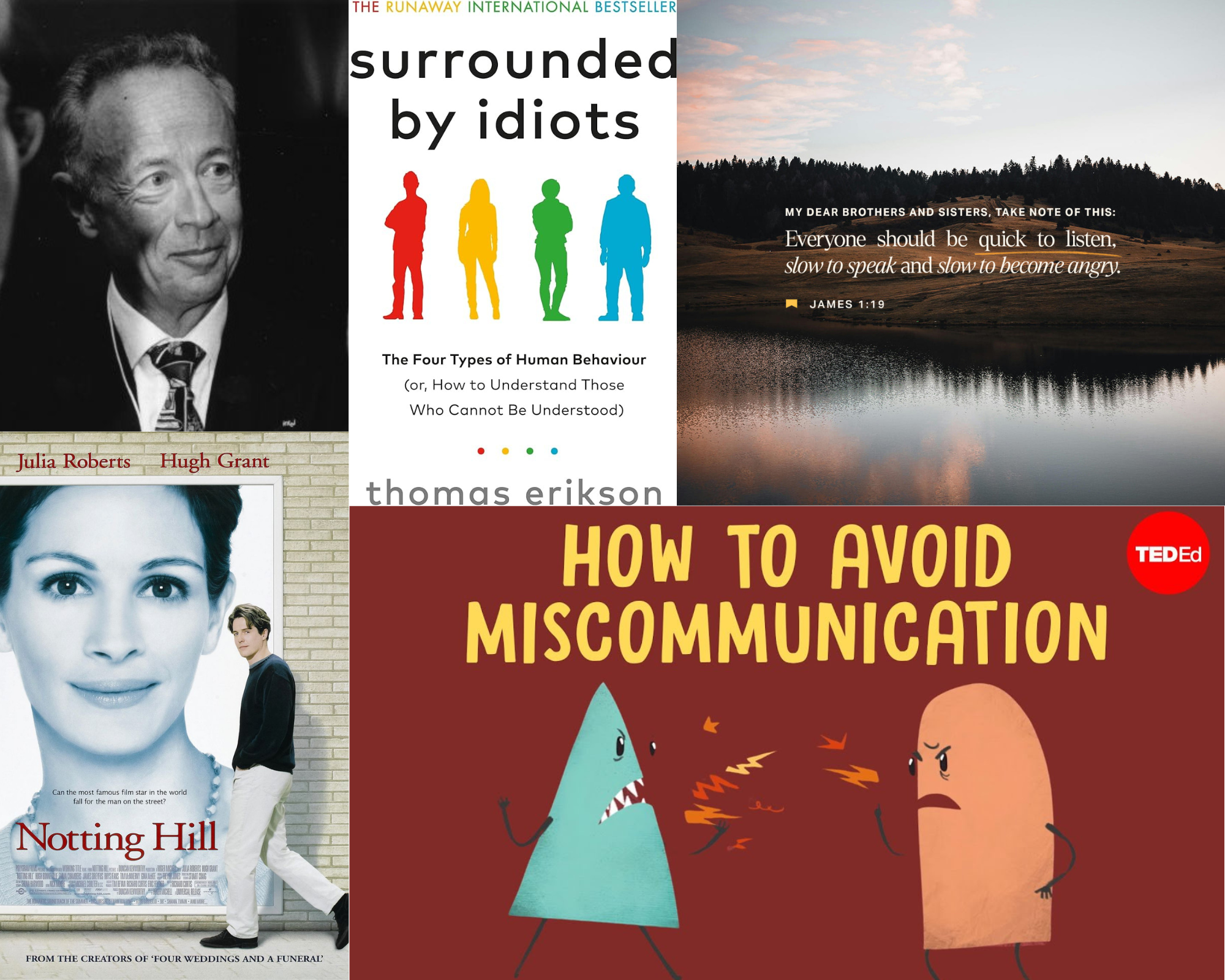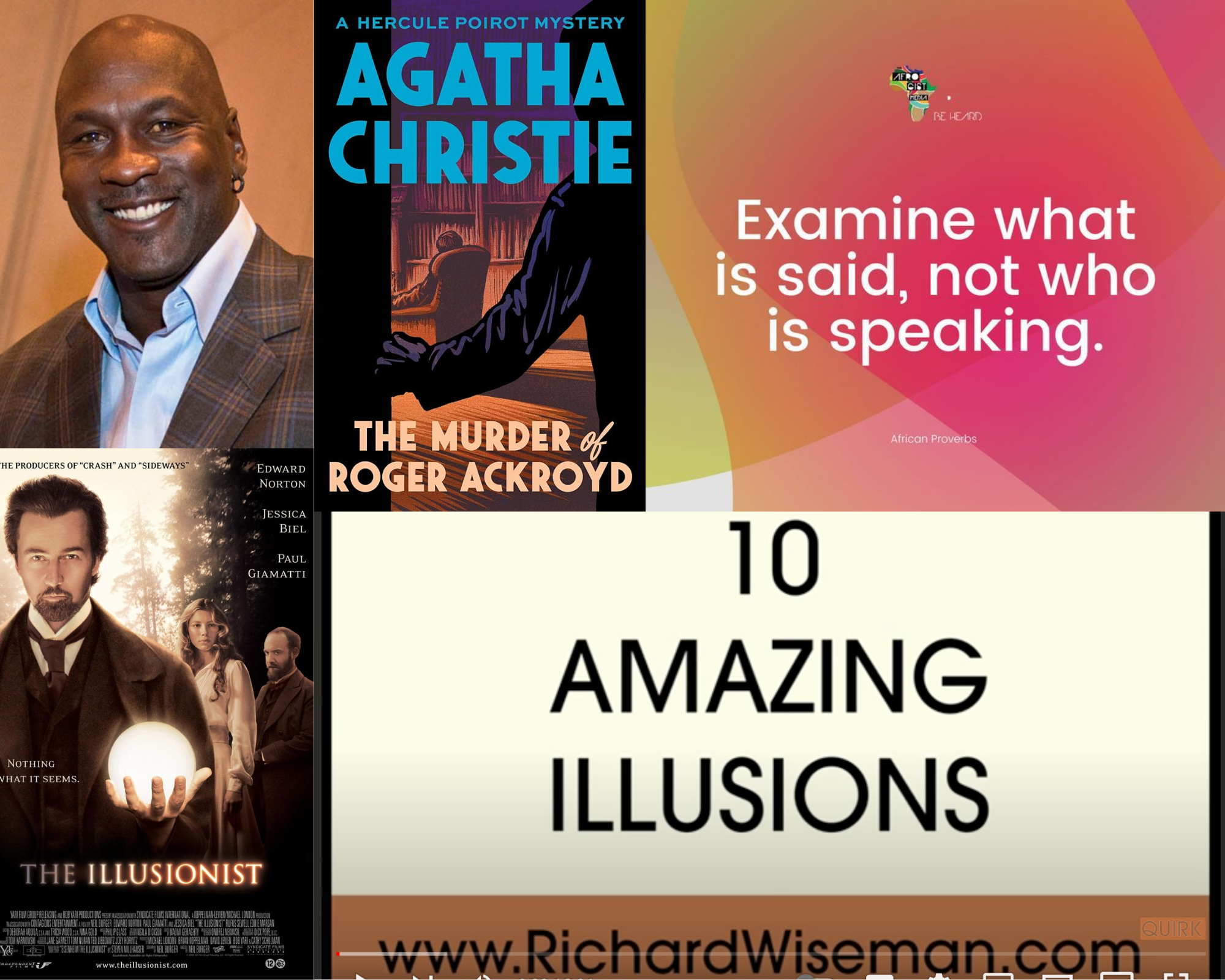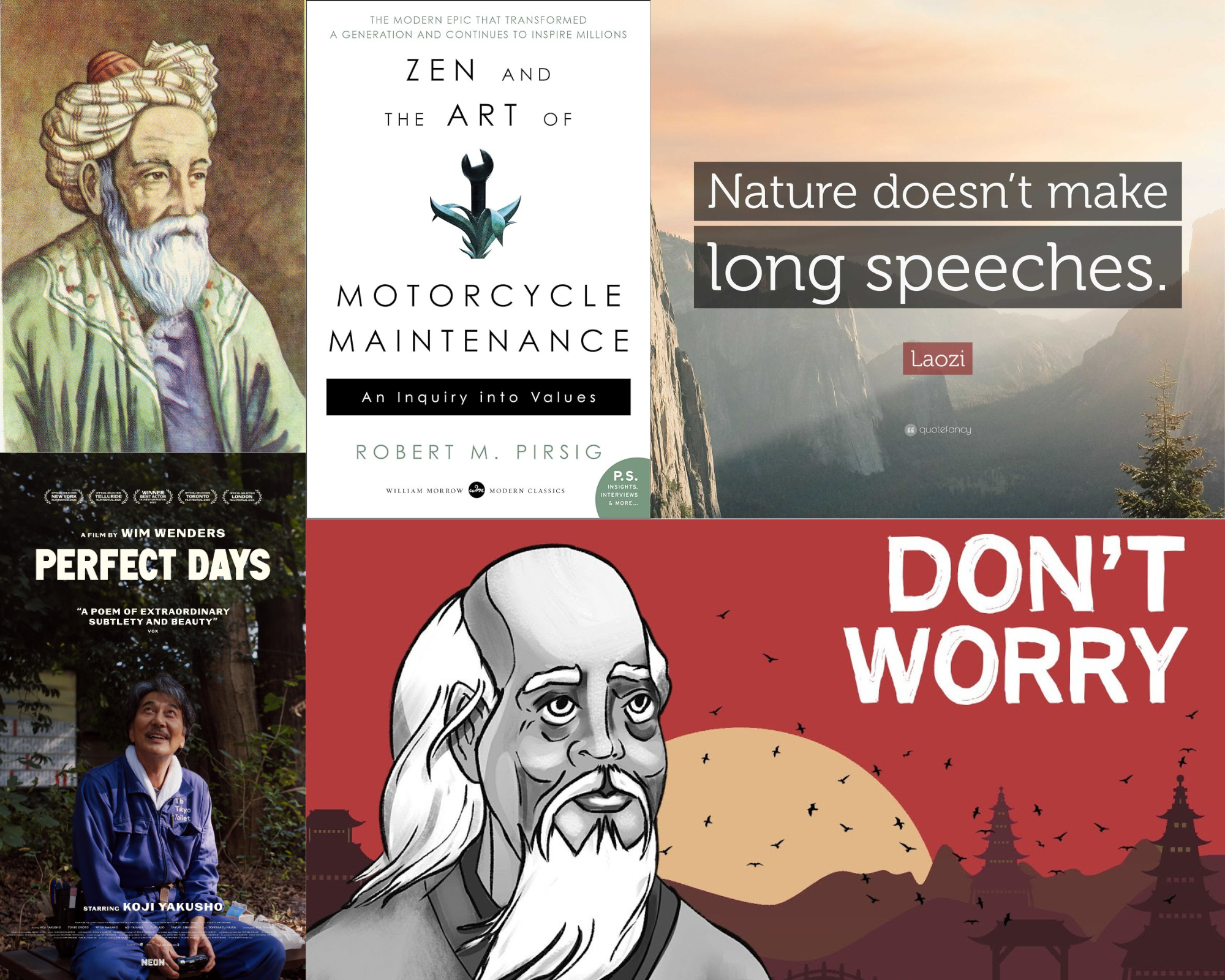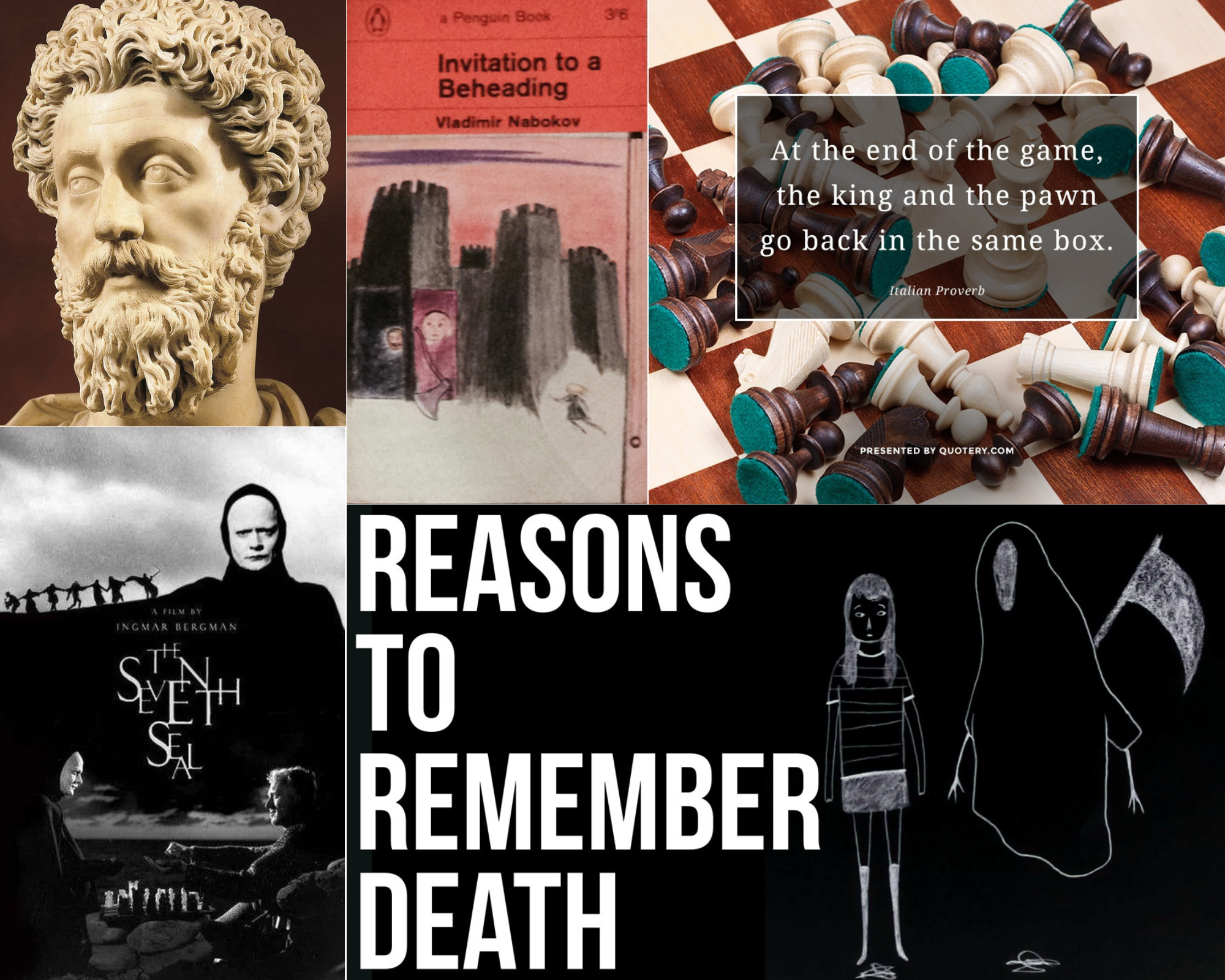Sunday Supplement #172 (August 25th, 2024)
Below is another Sunday Supplement with a quote worth sharing, a book worth reading, a movie worth watching, brainfood worth consuming, and a spiritual passage worth pondering.
Please take something away from these recommendations that enriches your week ahead!
Quote of the Week:
“How well we communicate is not determined by how well we say things but how well we are understood.”
– Andrew Grove
Book of the Week:
Surrounded by Idiots – Thomas Erikson
Thomas Erikson is a behavioral expert, lecturer, and bestselling author. He has worked with executives and managers at companies such as IKEA, Microsoft, and Coca-Cola.
Erikson’s book Surrounded by Idiots was published in 2014 in Sweden and has sold over three million copies worldwide.
The Western title of Erikson’s novel, Surrounded by Idiots, almost threw me off from buying it. However, the book quickly explains that the title is intended to show how we can brush people off when we don’t understand them.
Erikson breaks down the four behavior types (Red, Yellow, Green, and Blue) that make up most people and explains how each type of person has different tendencies in how they function.
I found the book extremely practical for learning about yourself and the best ways to communicate with others.
Movie of the Week:
The Roger Michell directed Richard Curtis written Notting Hill is one of my all-time favorite romantic comedy movies.
The film follows Hugh Grant’s character William Thacker and his life post-divorce as he runs his travel book shop on the famous Portobello Road Market in London, England.
One day, a famous American actress, Anna Scott, played by Julia Roberts, enters his shop, resulting in a chance encounter that sparks a bond.
Chances are you’ve heard Notting Hill’s iconic line referenced somewhere, but I won’t spoil it here. The film is a fantastic watch with a lot of laughs and a lot of heart. Check it out.
Brainfood of the Week:
How Miscommunication Happens – Katherine Hampsten | TED-Ed
Katherine Hampsten, Ph. D., is a professor of communication studies at St. Mary’s University. Her papers have received recognition from the National Communication Association.
In this TED-Ed video, Hampsten describes why miscommunication occurs so frequently and how we can minimize frustration while better expressing ourselves.
Hampsten explains how our subjective lenses and perceptual filters continually shift meanings and interpretations in our conversations.
A basic understanding of what happens when we communicate can help prevent miscommunication, and Hampsten goes over four ways to help navigate daily communication.
Closing Spiritual Passage:
“Know this, my beloved brothers: let every person be quick to hear, slow to speak, slow to anger.”
– James 1:19
This Bible passage is a good reminder for me to focus on listening and responding rather than blabbing and reacting when communicating.
I think it can be easy to fall into the trap of getting excited about what you want to say or getting bored when someone’s speaking because you want to share something or aren’t fully engaged with the other person.
Sometimes, it may just be a bad conversation, but if we are interested in communicating with others, we need to hold space for understanding.
This also helps regarding the above verse’s call to be slow to anger. If we are looking to understand, we shouldn’t close ourselves off to different points of view.
Seek to understand and be understood in communication, and have a blessed week ahead!



